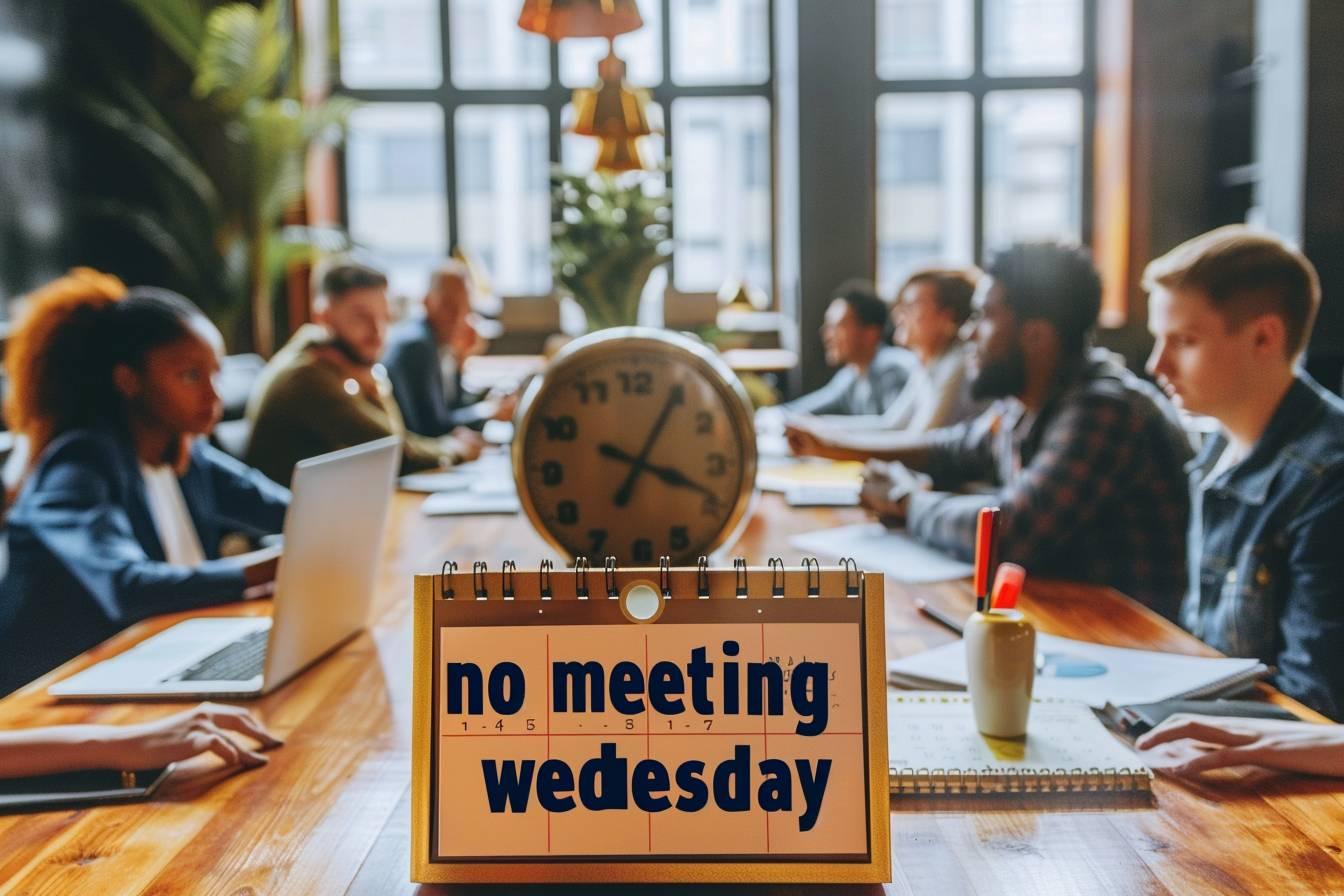Team building and efficiency are crucial components for any successful organization. By focusing on these aspects, companies can boost their performance and achieve remarkable results. This article explores proven strategies to enhance team collaboration and productivity, providing valuable insights for managers and team leaders alike.
Unlocking the power of effective team building
Team building exercises play a vital role in improving workplace relationships and overall efficiency. These activities not only foster a sense of camaraderie but also help team members understand each other’s strengths and weaknesses. Effective team building creates a foundation for better communication and collaboration, which are essential for productivity.
One popular team building exercise is the “Telephone” game. This simple yet powerful activity demonstrates the importance of clear communication within a team. As messages are passed from one person to another, participants quickly realize how easily information can be distorted or misinterpreted. This game serves as a valuable lesson in the need for precise and concise communication in the workplace.
Another engaging team building activity is “Business BINGO.” This game not only makes daily tasks more enjoyable but also helps build knowledge about the company and its processes. By incorporating work-related terms and concepts into a fun game format, team members can learn and reinforce important information while bonding with their colleagues.
To further enhance team efficiency, consider implementing these additional team building strategies :
- Organize productivity races to make routine tasks more engaging
- Conduct procedures races to help employees better understand important workplace processes
- Encourage cross-functional collaboration to promote visibility across teams
- Implement diversity initiatives to bring in a range of thoughts, skills, and opinions
Maximizing team efficiency : Key strategies for success
Team efficiency refers to the ability of a group to produce high-impact work by minimizing workplace friction and distractions. To achieve optimal efficiency, organizations must focus on several key areas, including communication, task management, and work environment.
Communication is the backbone of any efficient team. Poor communication can significantly hinder productivity and lead to misunderstandings. To improve team communication :
- Clearly define the purpose of different communication channels to reduce tool overload
- Eliminate unnecessary meetings and improve meeting efficiency with agendas and actionable notes
- Encourage open and honest dialogue among team members
Effective task management is crucial for maximizing team efficiency. By prioritizing work based on key results and company goals, teams can focus on high-impact activities. Consider the following strategies :
- Delete, defer, delegate, or diminish lower priority work
- Leverage team members’ strengths when assigning tasks
- Map out work before beginning with clear project plans
Creating an optimal work environment can significantly boost team efficiency. One effective strategy is implementing a “No Meeting Wednesday” policy, which allows for uninterrupted deep work. This dedicated time for focused tasks can lead to increased productivity and better outcomes.
| Strategy | Benefits |
|---|---|
| No Meeting Wednesday | Uninterrupted deep work, improved focus, increased productivity |
| Clear communication channels | Reduced tool overload, improved information flow |
| Task prioritization | Focus on high-impact work, better alignment with company goals |

Nurturing team development for long-term success
Understanding the stages of team development is crucial for fostering long-term success and efficiency. The widely recognized model of team development includes four stages : Forming, Storming, Norming, and Performing. By recognizing these stages, team leaders can better support their members and guide them towards peak performance.
In the Forming stage, team members are getting to know each other and establishing roles. During this phase, it’s essential to :
- Encourage open communication and introductions
- Clearly define team goals and individual responsibilities
- Provide ample opportunities for team members to interact and bond
The Storming stage often involves conflicts and challenges as team members navigate their roles and relationships. To effectively manage this stage :
- Address conflicts promptly and constructively
- Encourage respectful disagreement and diverse perspectives
- Reaffirm team goals and the importance of collaboration
As teams progress to the Norming and Performing stages, efficiency typically improves. However, it’s crucial to continue nurturing team development by :
- Regularly reviewing and adjusting team processes
- Celebrating successes and learning from failures
- Providing ongoing opportunities for skill development and growth
Embracing diversity and junior talent for enhanced team efficiency
Diversity is a key factor in building high-performing teams. By incorporating a range of experiences, skills, and perspectives, teams can tackle challenges more effectively and drive innovation. Embracing diversity in thought, background, and expertise can significantly boost team efficiency and problem-solving capabilities.
One often overlooked aspect of team diversity is the inclusion of junior talent. Many organizations focus primarily on hiring senior engineers, overlooking the valuable contributions that junior team members can make. However, there are compelling arguments for integrating junior engineers into your team :
- Fresh perspectives and innovative ideas
- Enthusiasm and eagerness to learn
- Cost-effective talent development
- Long-term investment in the industry’s future
It’s important to note that while AI tools can assist with certain coding tasks, they cannot replace the full value that junior engineers bring to a team. Software engineering involves much more than writing code; it requires managing complex systems, understanding business needs, and collaborating effectively with team members.
To create a balanced and efficient team, consider the following strategies :
- Actively recruit and mentor junior engineers
- Pair junior and senior team members for knowledge transfer
- Provide opportunities for junior engineers to contribute to important projects
- Foster a culture of continuous learning and growth for all team members
By embracing diversity and nurturing junior talent, organizations can build resilient, efficient teams capable of tackling complex challenges and driving long-term success. Remember, a truly high-performing team leverages the strengths of all its members, regardless of their experience level or background.

